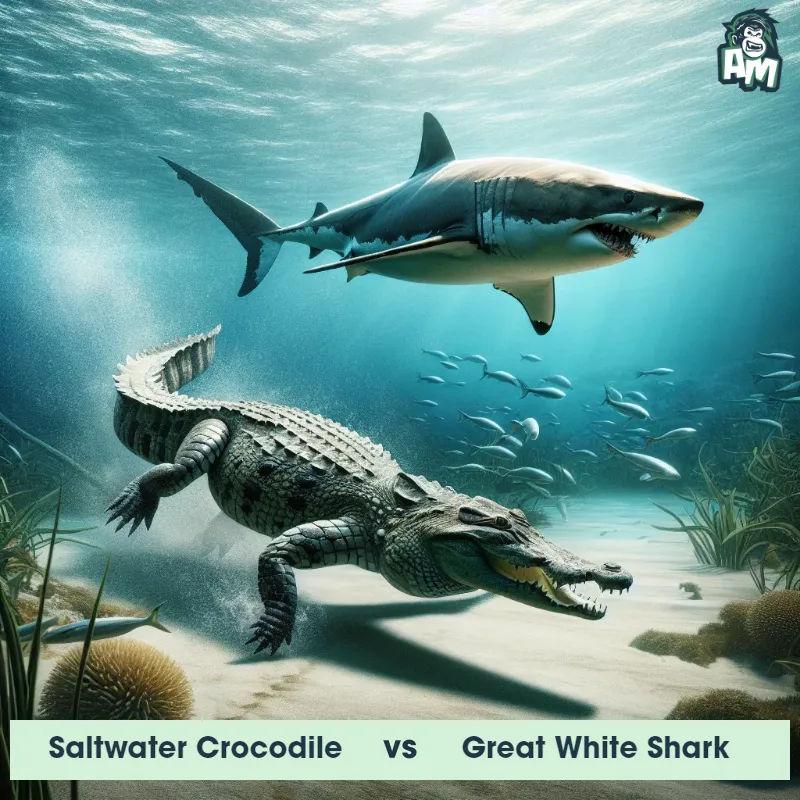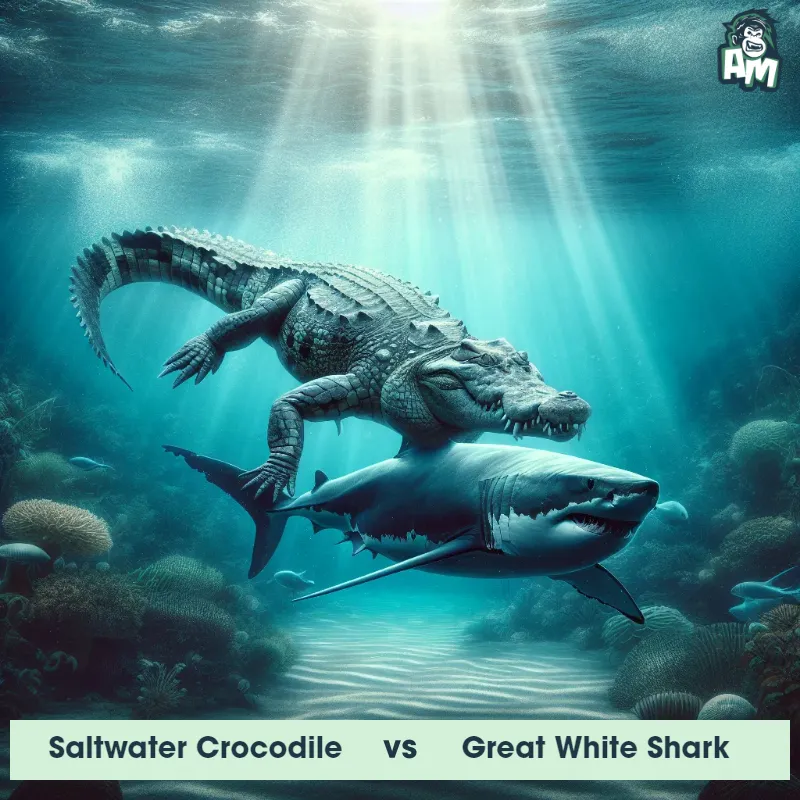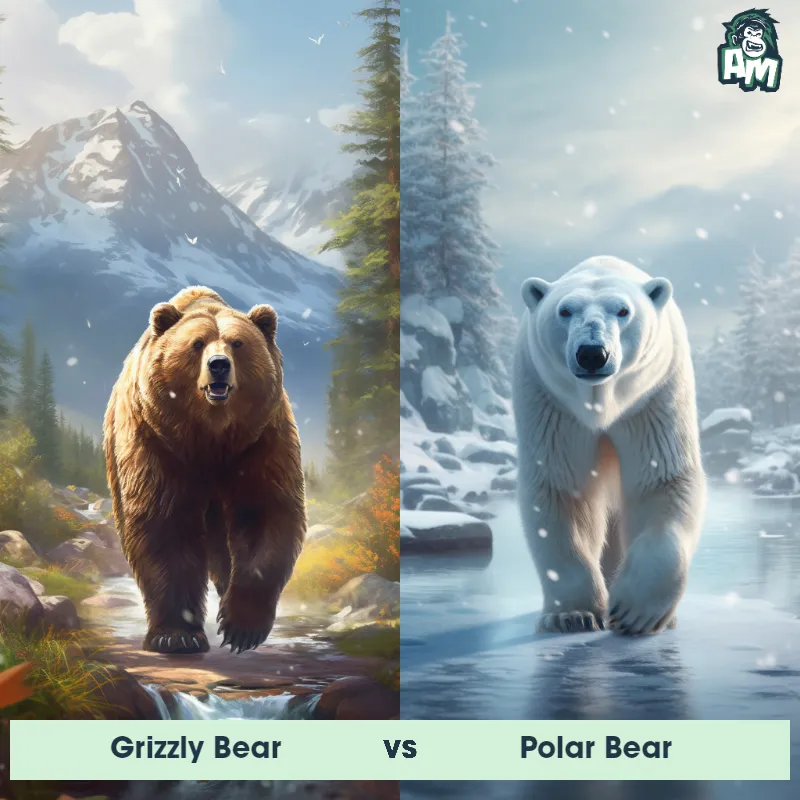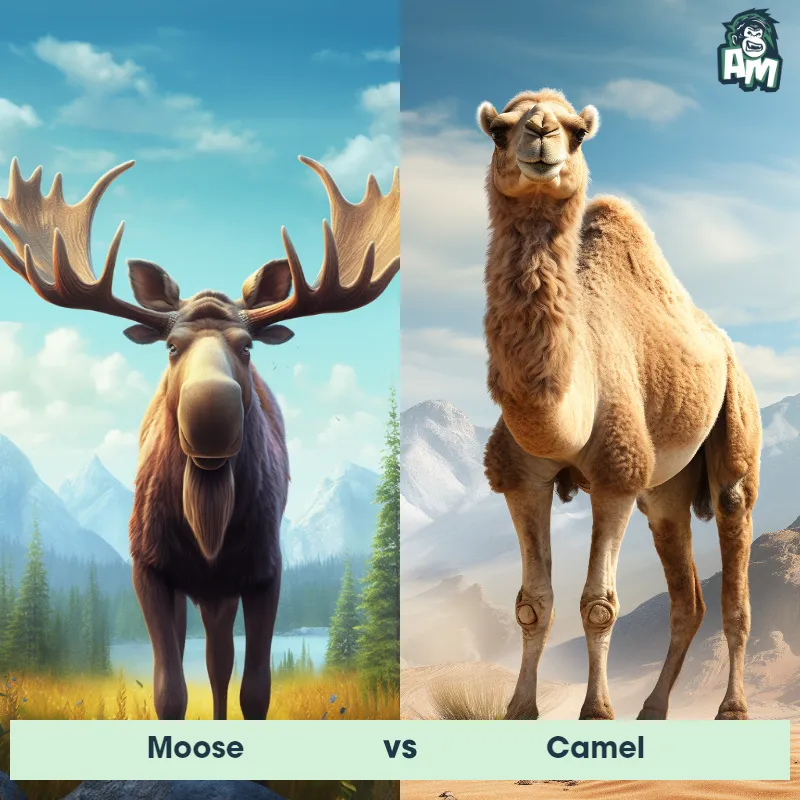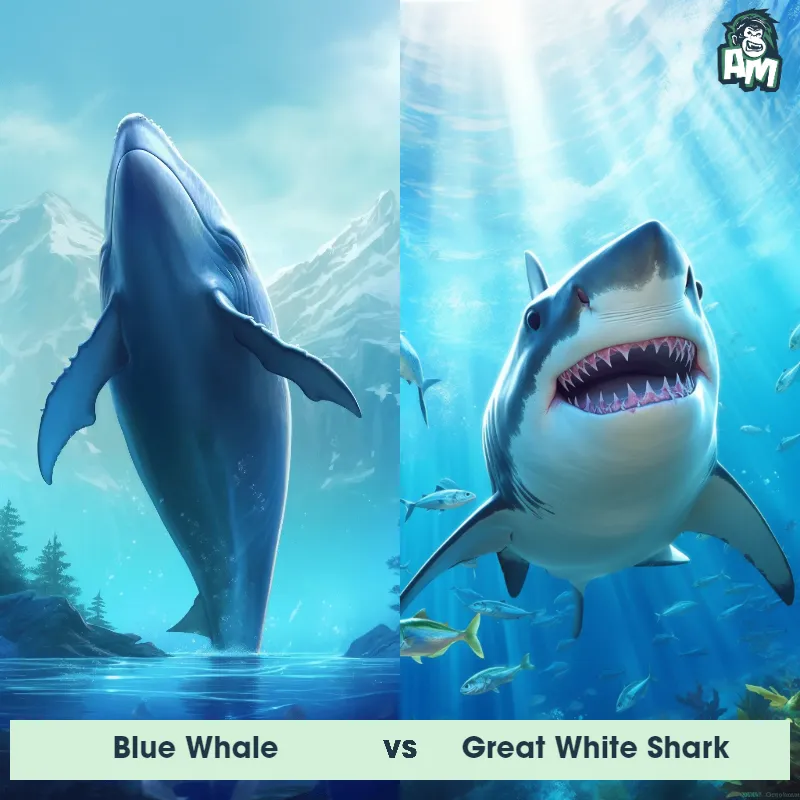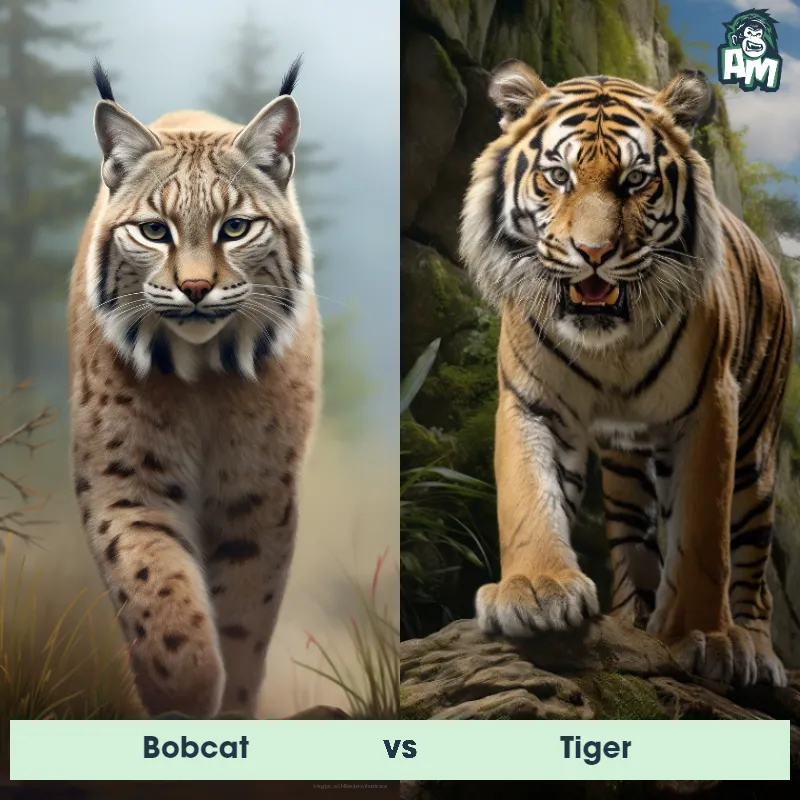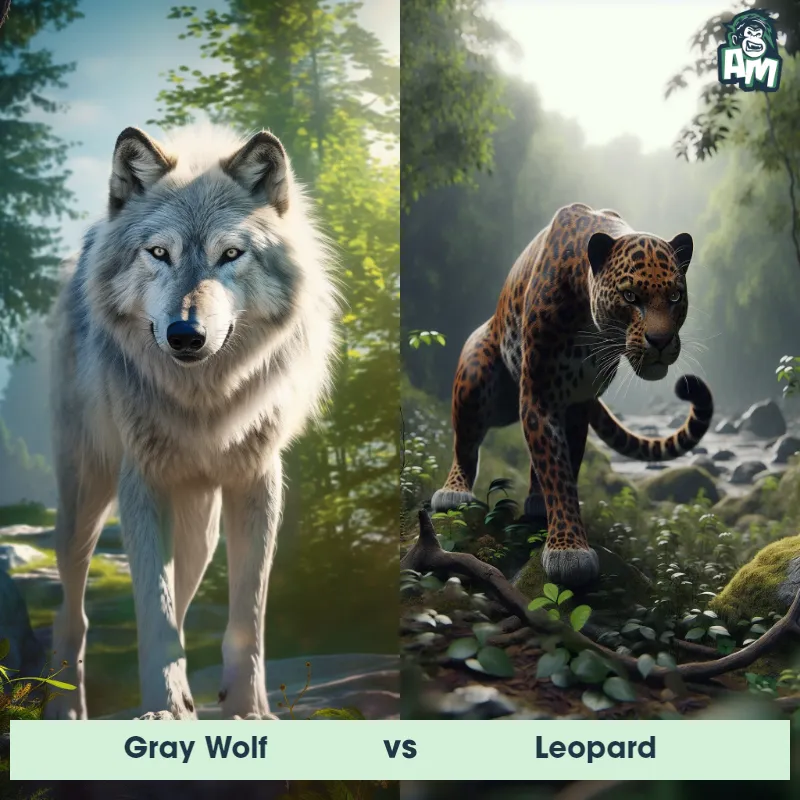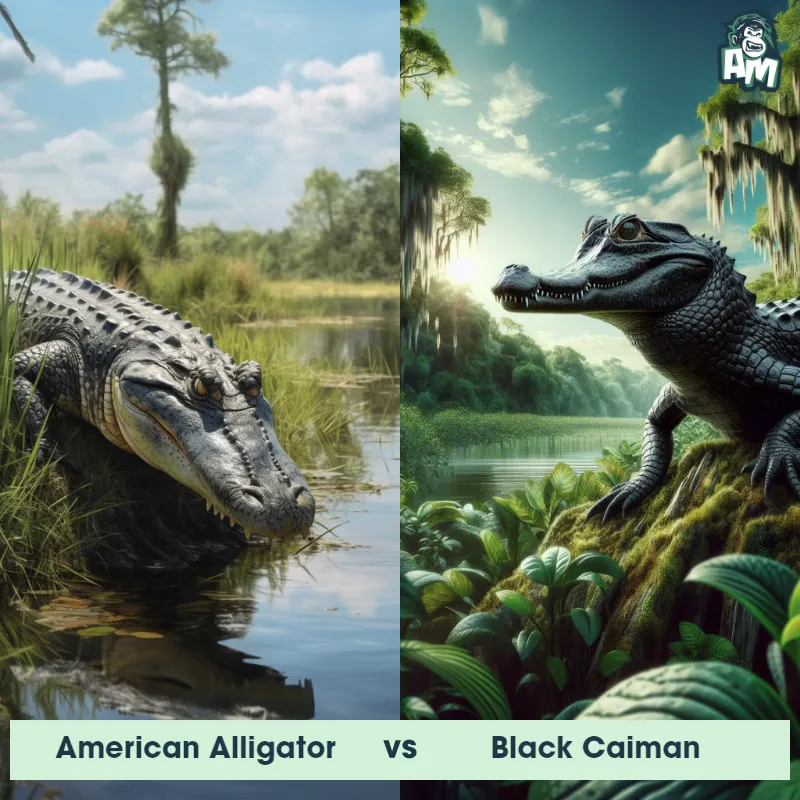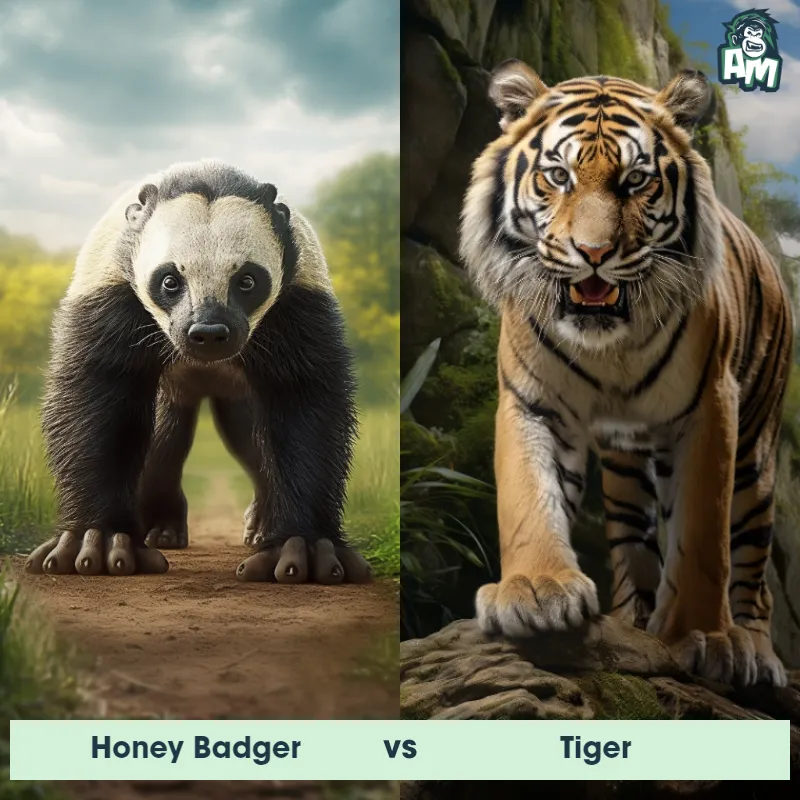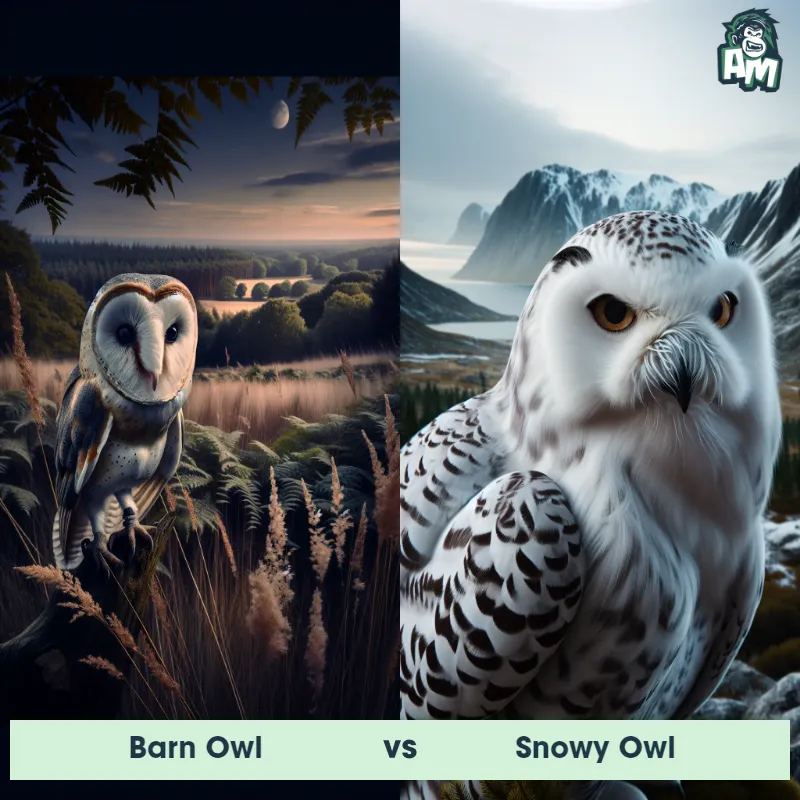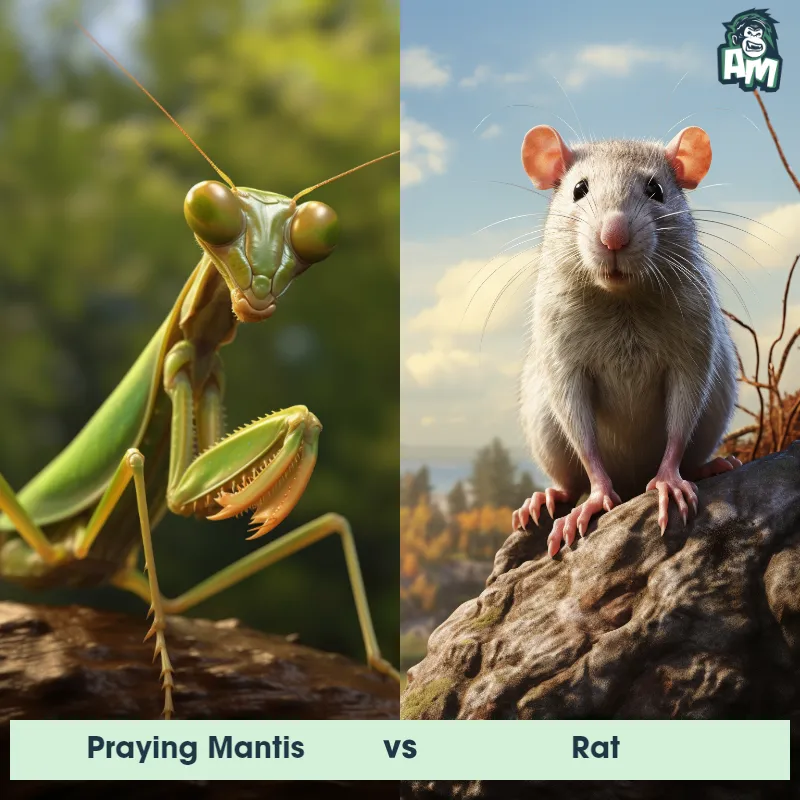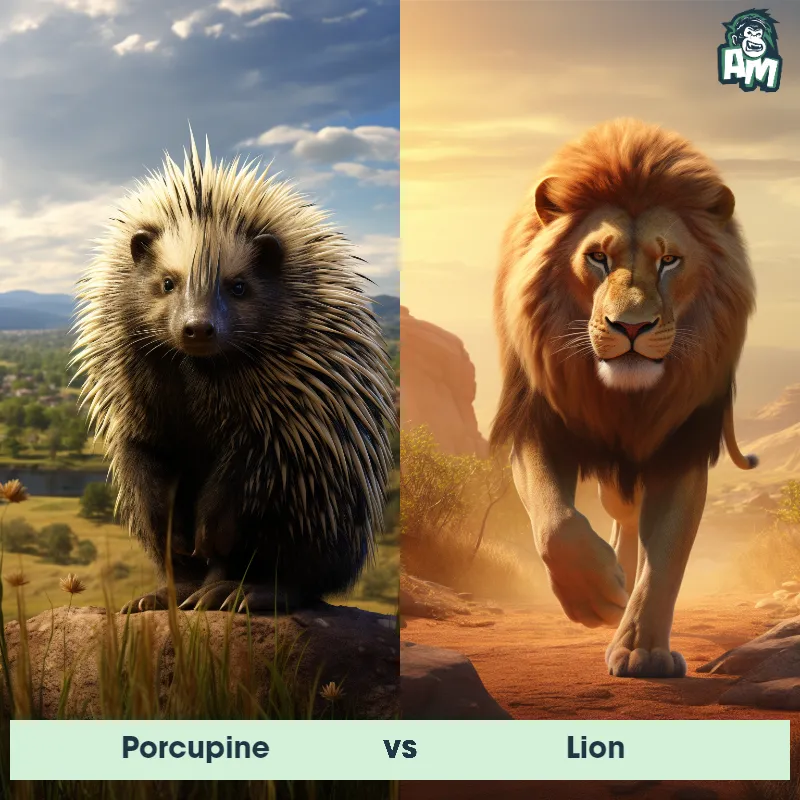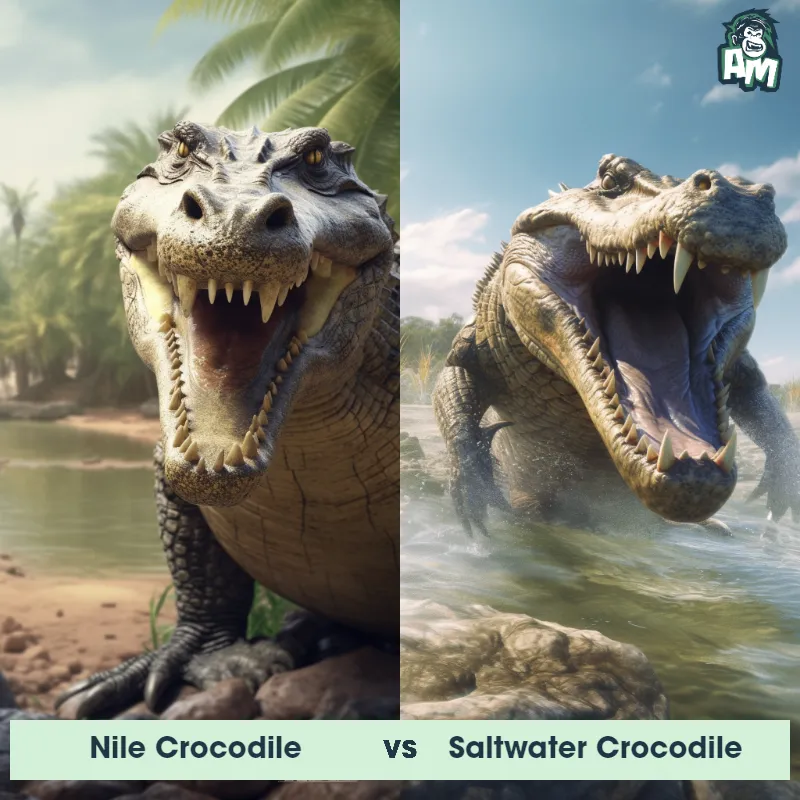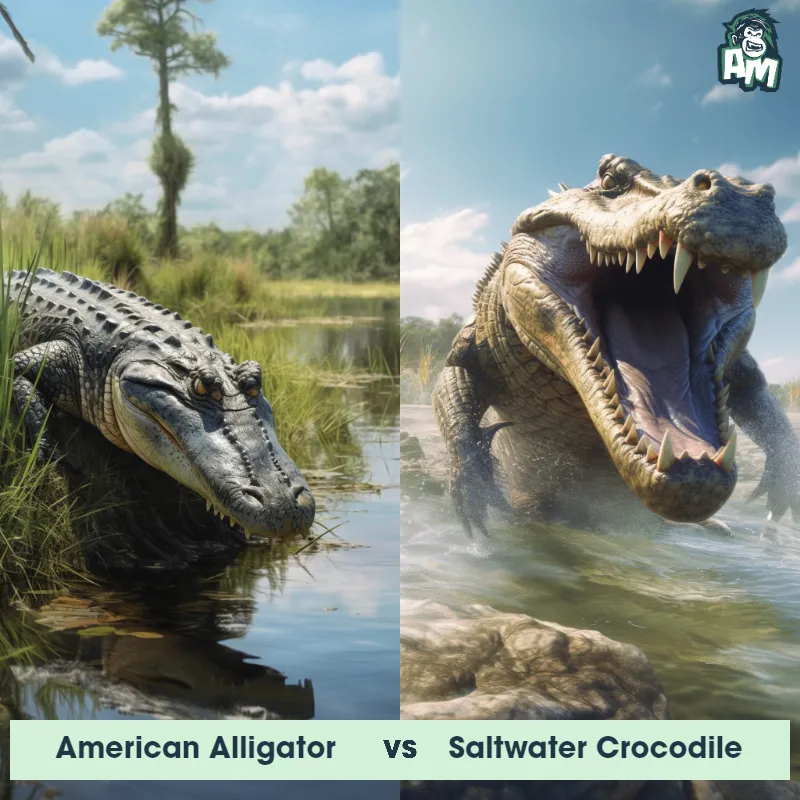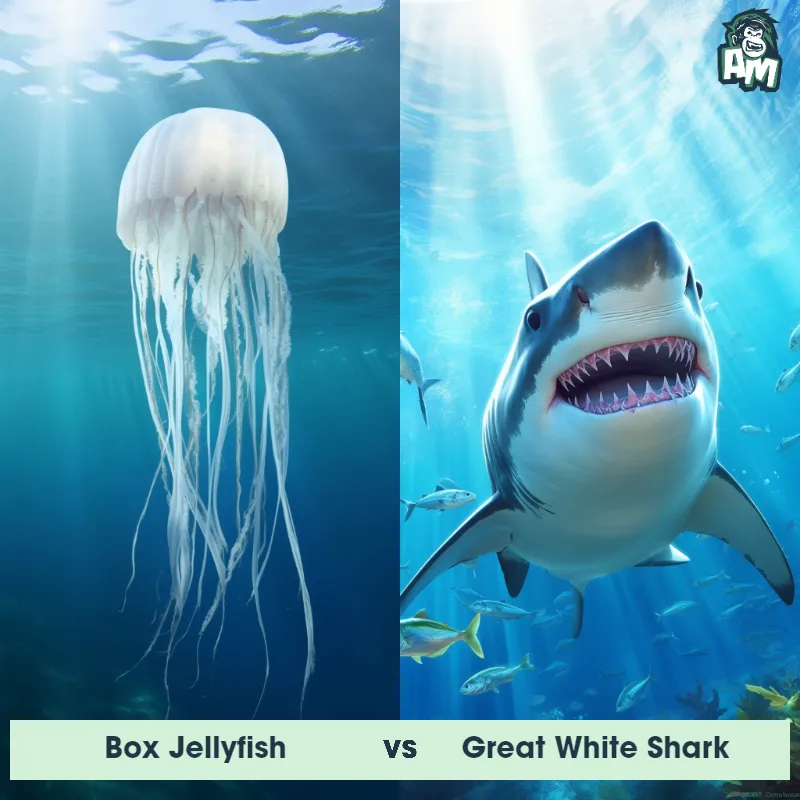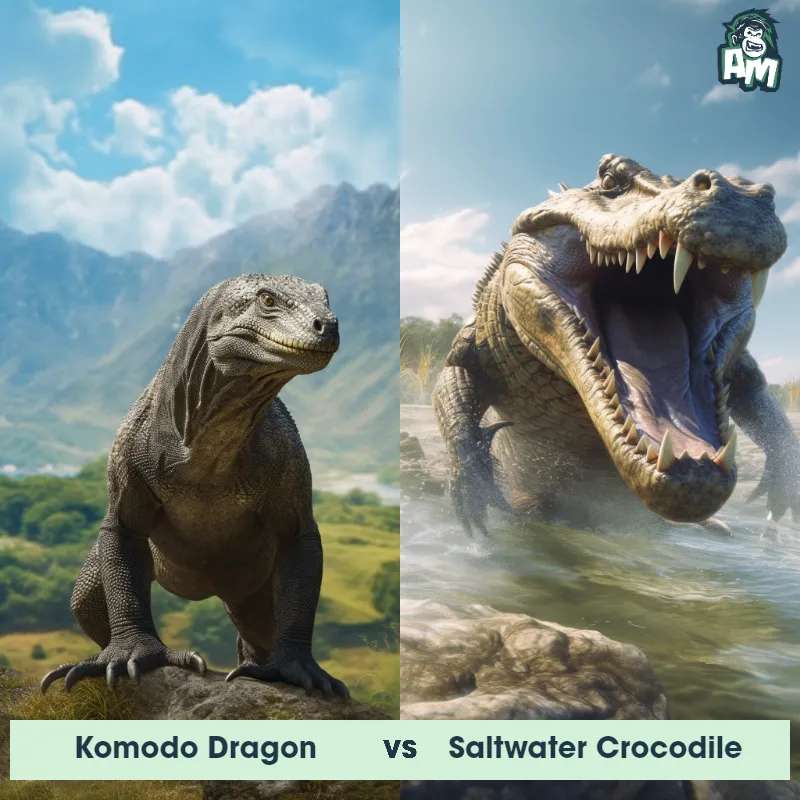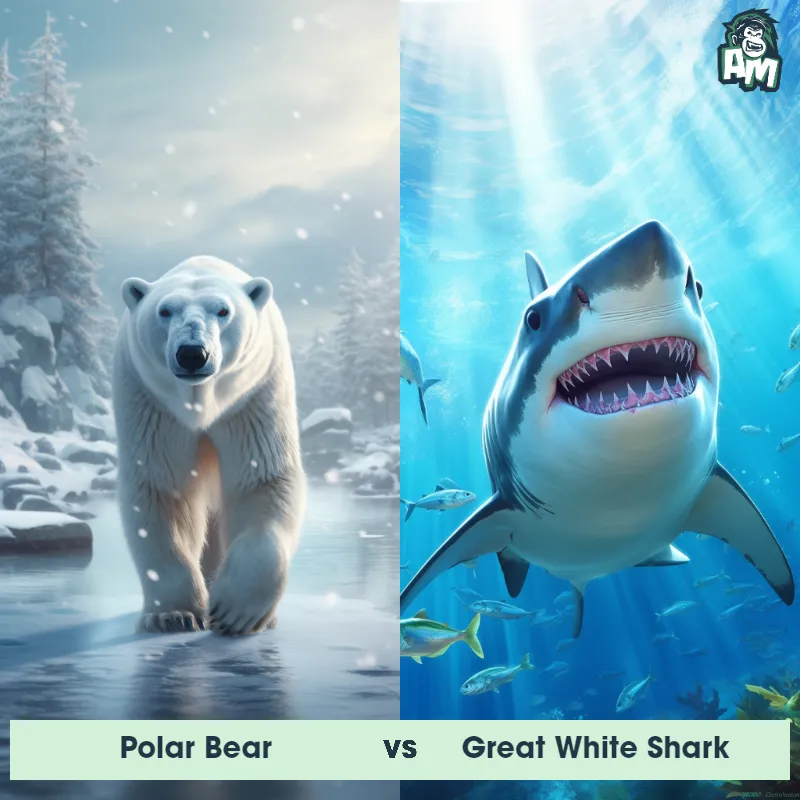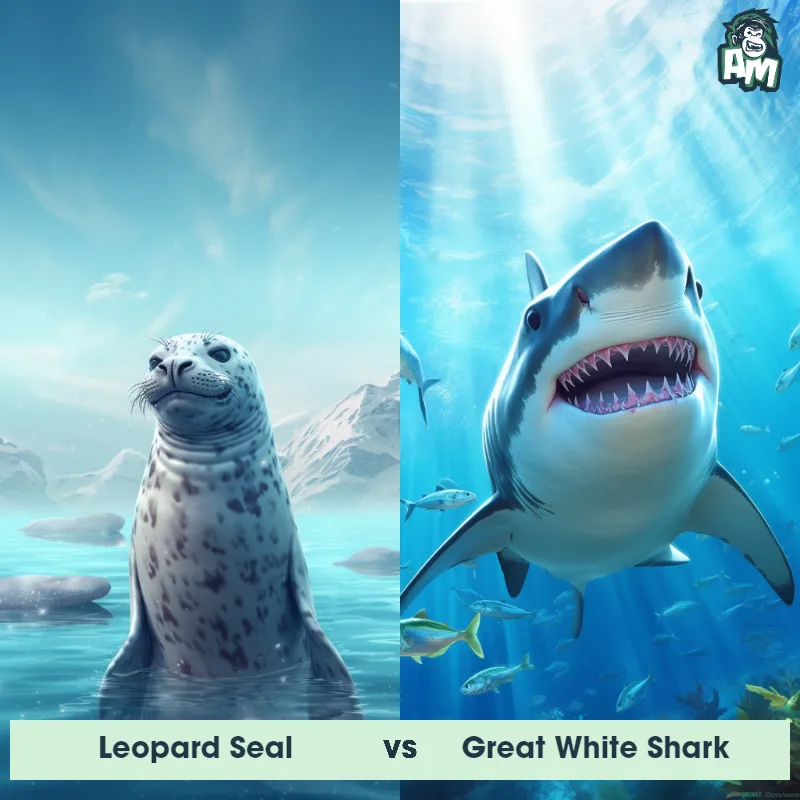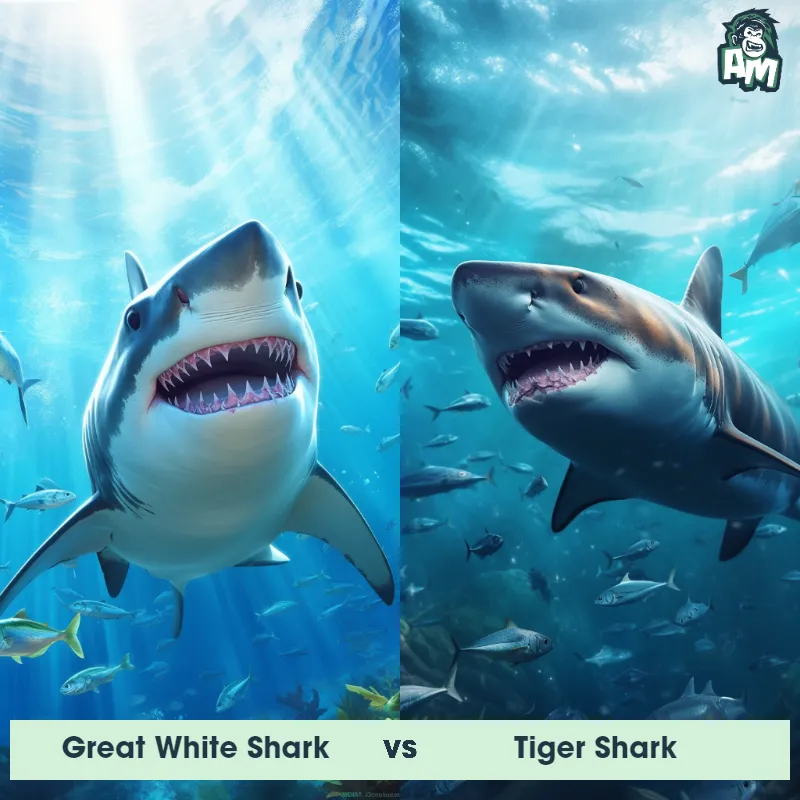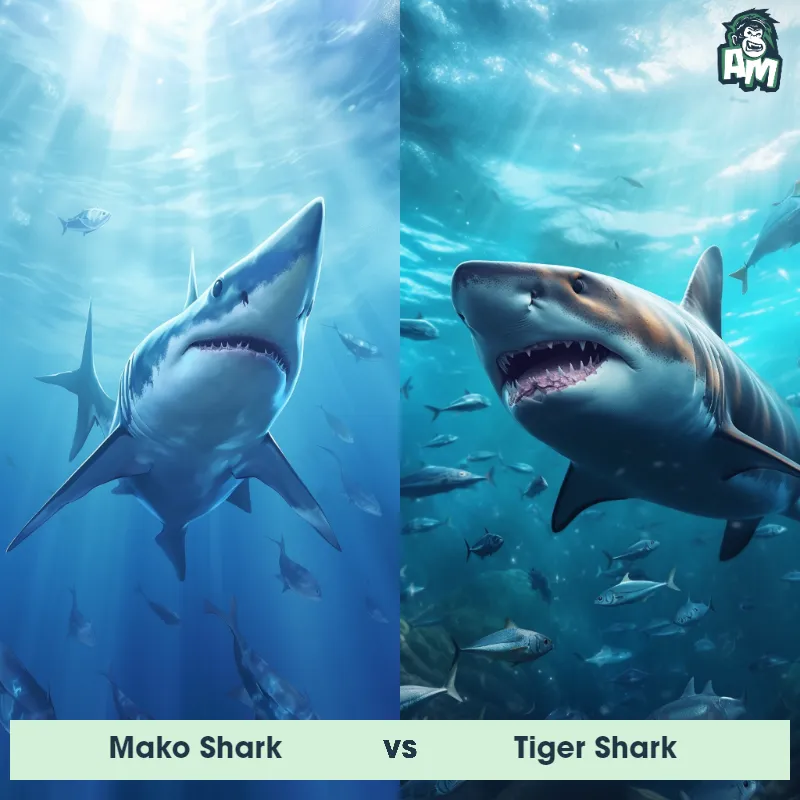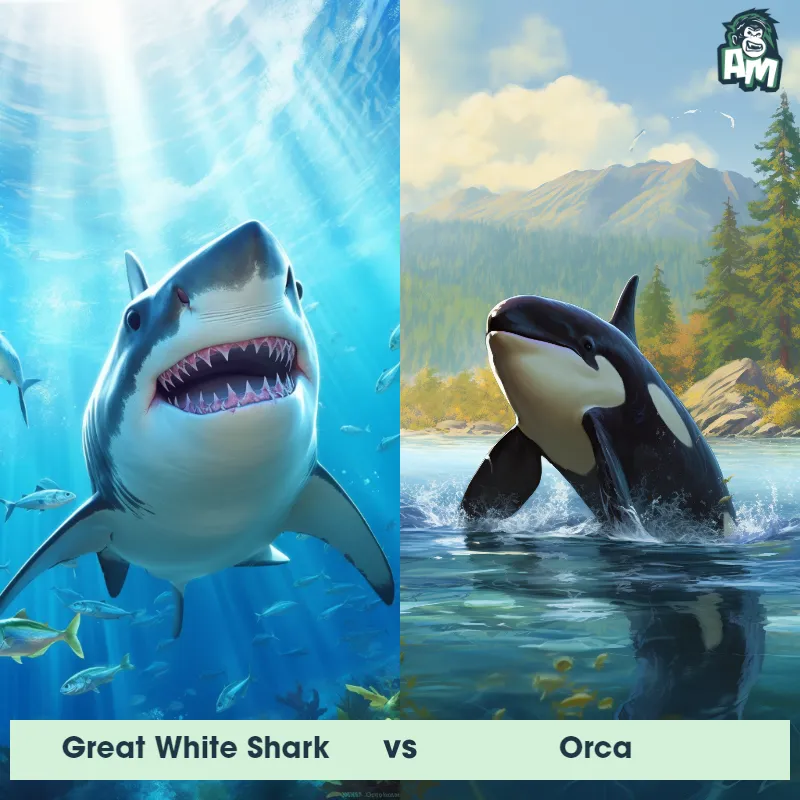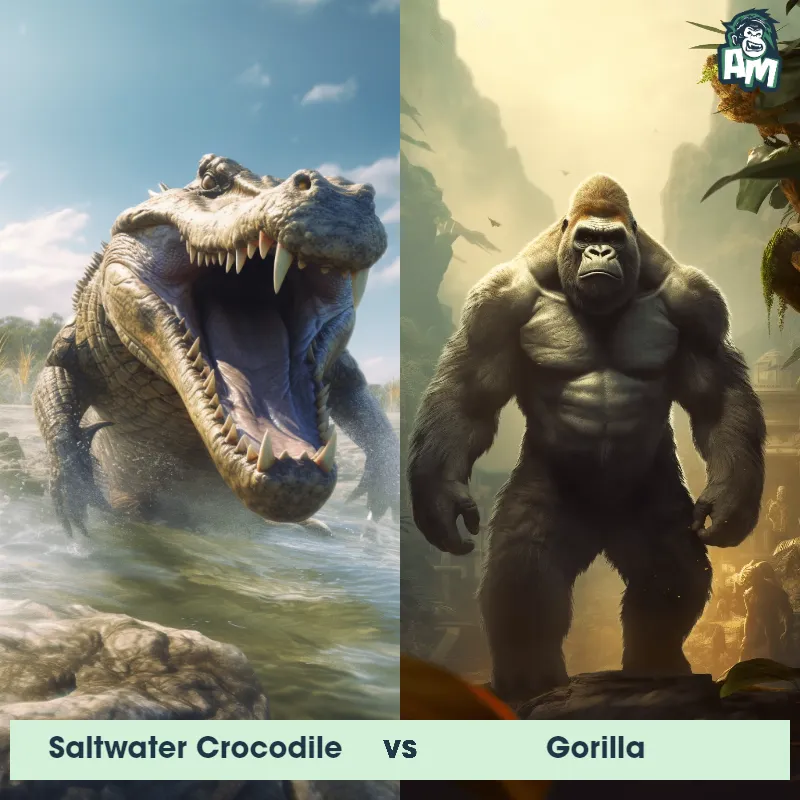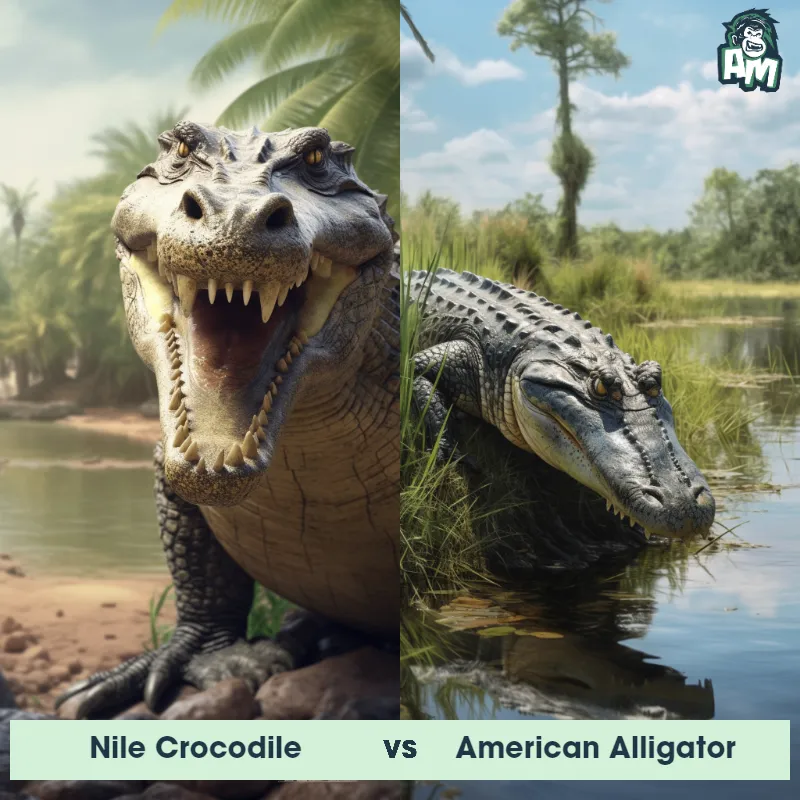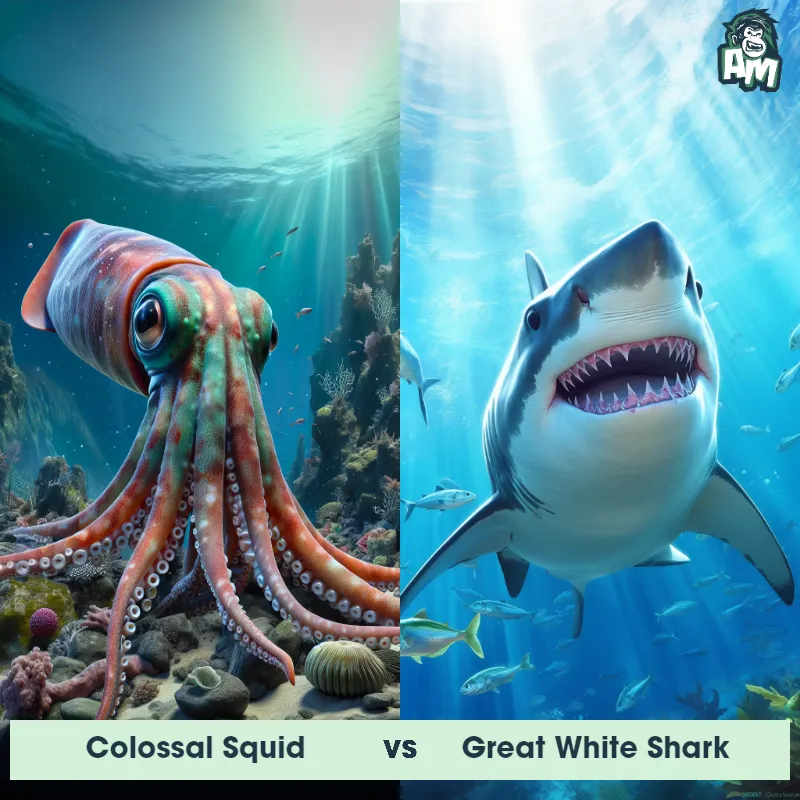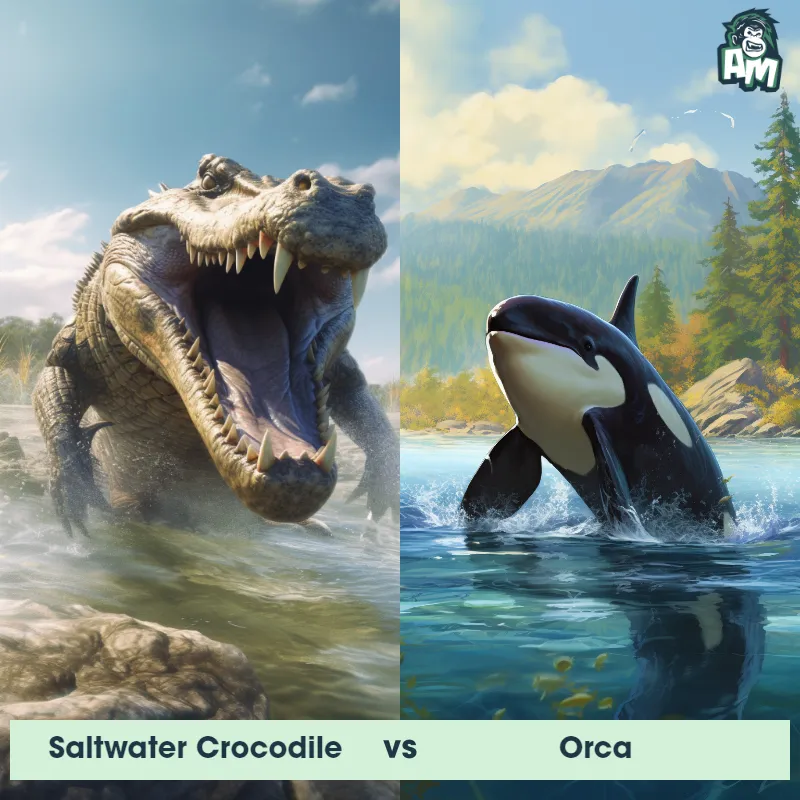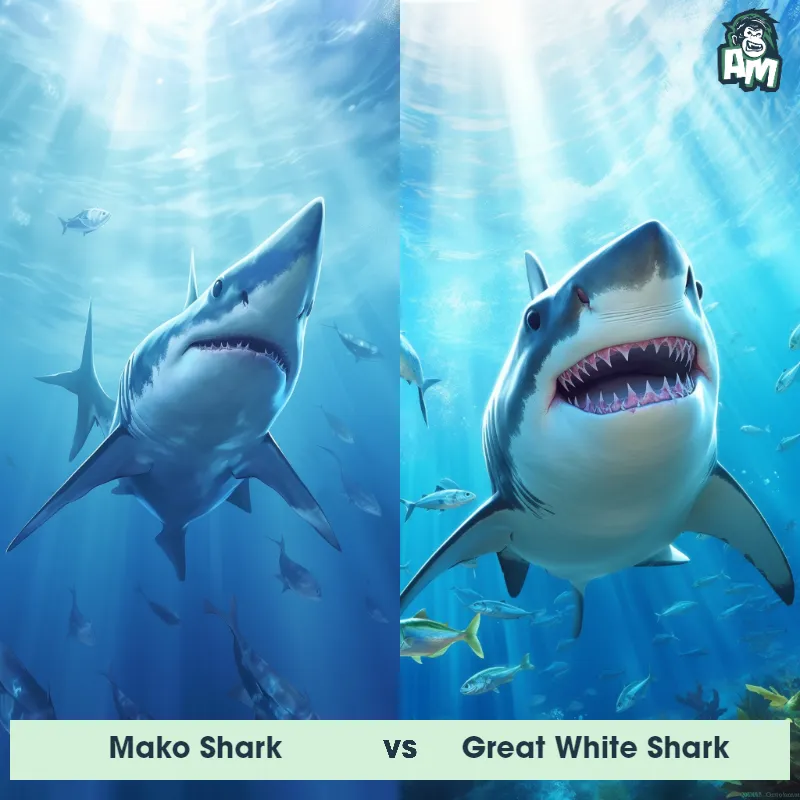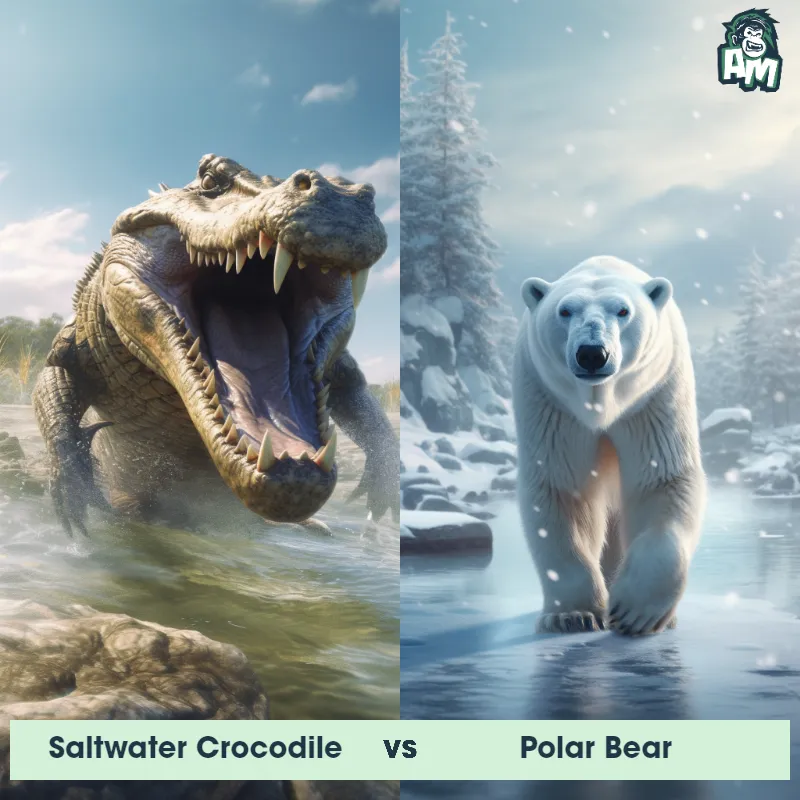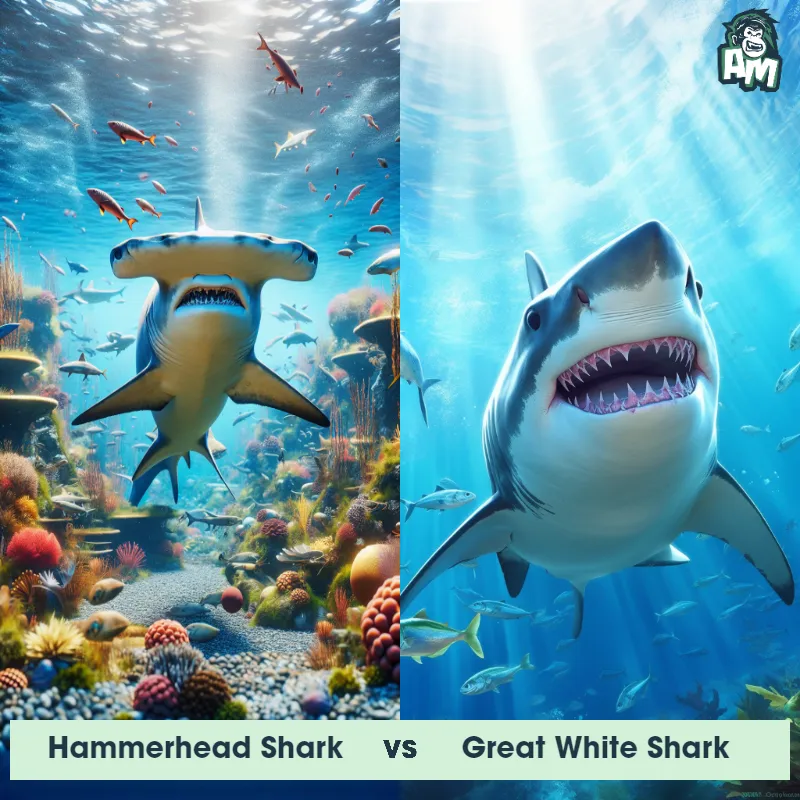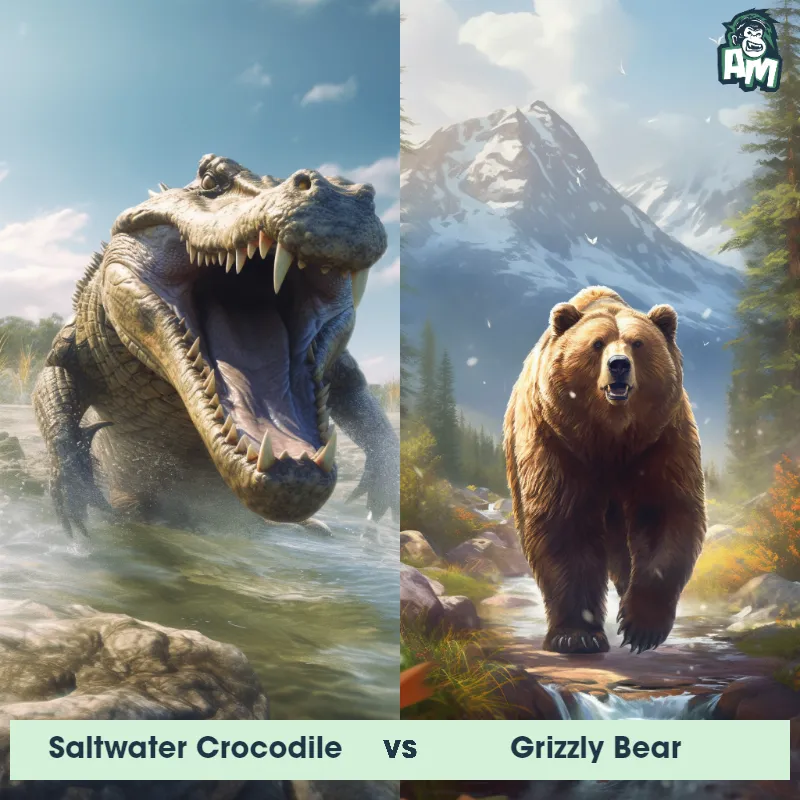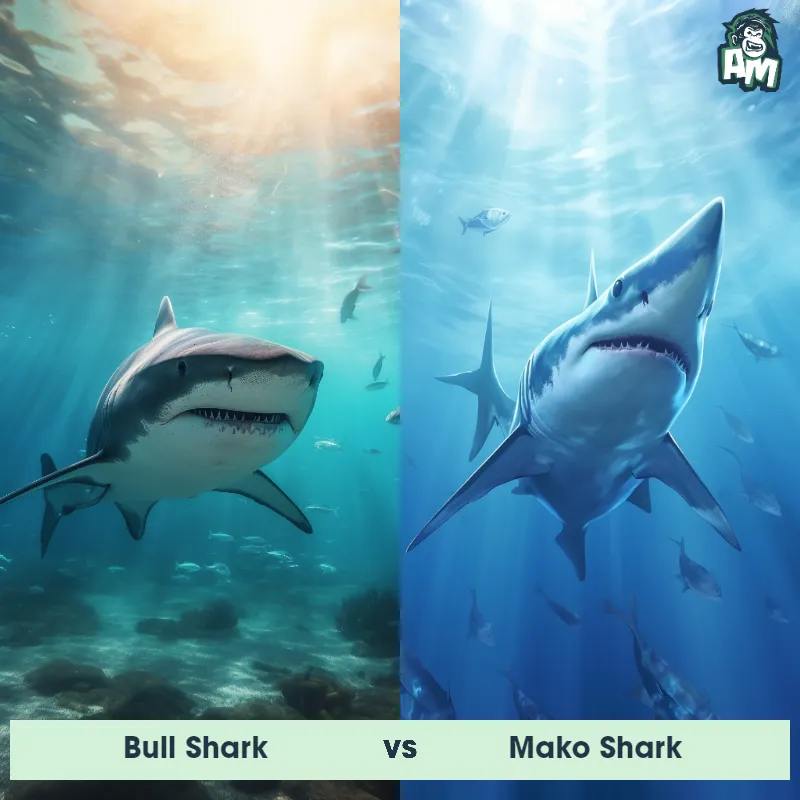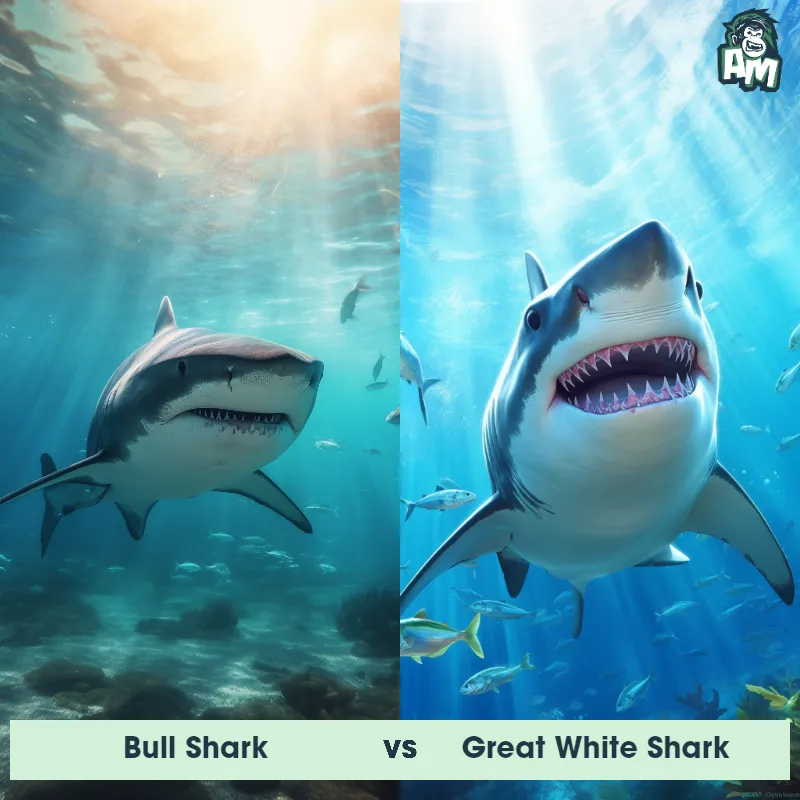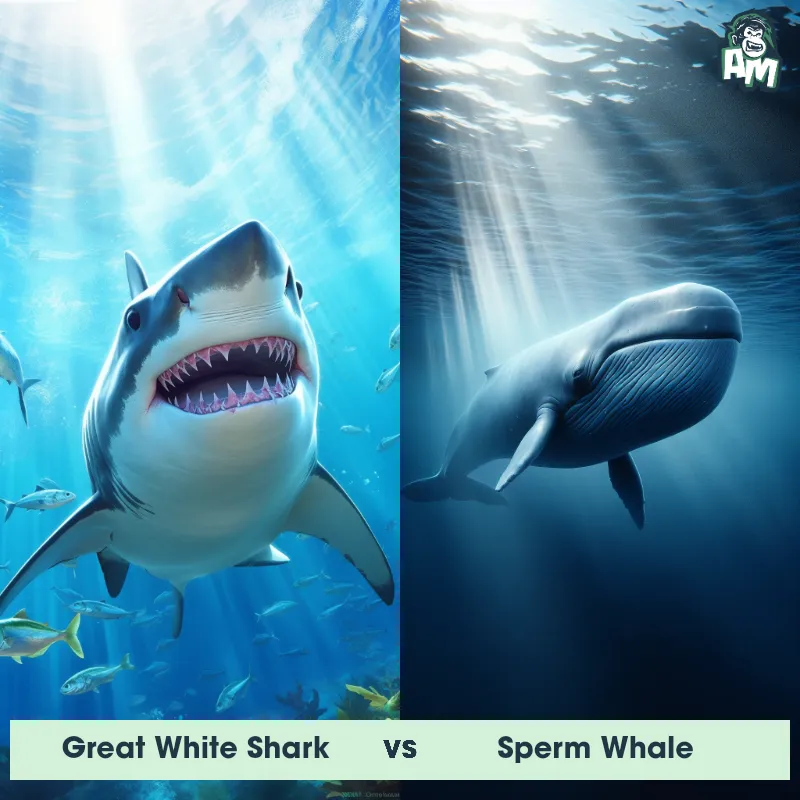Saltwater Crocodile vs Great White SharkSee Who Wins

Ladies and gentlemen, prepare for an electrifying showdown between two of the ocean's most fearsome and powerful predators: the Saltwater Crocodile and the Great White Shark. Over three exhilarating rounds, these mighty creatures will display their incredible strength, agility, and deadly weaponry as they fight for supremacy. Without further ado, let the battle commence!
Contender 1: Saltwater Crocodile
The Saltwater Crocodile, also known as the estuarine crocodile, is the largest living reptile in the world, with males reaching up to 23 feet in length and weighing over a ton. They have a powerful jaw with over 60 teeth and are covered in tough, scaly skin that ranges from grayish-brown to black in color. They are found in the brackish and freshwater habitats of Southeast Asia and Northern Australia and are known for their aggressive behavior towards humans.
Fun Fact: Saltwater Crocodiles have the strongest bite force of any animal in the world, with a bite strength of up to 3,700 pounds per square inch, which is strong enough to crush a car.
Contender 2: Great White Shark
The Great White Shark, also known as the white pointer or white death, is a large predatory fish that can grow up to 20 feet in length and weigh over 5,000 pounds. They have a distinctive torpedo-shaped body, grayish-brown skin, and rows of sharp teeth that can number up to 300. Great White Sharks are found in coastal waters all over the world and are known for their powerful jaws and ability to breach the surface of the water.
Fun Fact: Great White Sharks have a unique sense of smell that allows them to detect a single drop of blood in 25 gallons of water, which is equivalent to the size of an Olympic swimming pool.
Matchup Stats
| Saltwater Crocodile | Great White Shark | |
|---|---|---|
| Size | Up to 23 feet (7 meters) | Up to 20 feet (6.1 meters) |
| Weight | Over a ton (1,000 kg) | Over 5,000 pounds (2,268 kilograms) |
| Speed | Land Speed: 11 mph (18 km/hr) | Speed: 25 mph (40 km/hr) |
| Key Strength | Powerful jaw with 64-68 teeth and strongest bite force of any animal in the world | Powerful jaws and sharp teeth |
| Biggest Weakness | Slow on land and vulnerable to attacks on the soft underbelly | Vulnerable gills and eyes |
Current Votes
Saltwater Crocodile vs Great White Shark
See Who Wins
Match Highlights
View More Matches
Looking For More?
Similar Matches
Scientific Stats
| Saltwater Crocodile | Great White Shark | |
|---|---|---|
| Scientific Name | Crocodylus porosus | Carcharodon carcharias |
| Family | Crocodylidae | Lamnidae |
| Habitat | Brackish and freshwater habitats | Coastal waters |
| Geography | Southeast Asia and Northern Australia | Worldwide |
| Diet | Carnivorous, preys on fish, birds, mammals, and other reptiles | Carnivorous, primarily seals and sea lions |
| Lifespan | 70 years - 100 years | 70 years - 100 years |
Key Differences between Saltwater Crocodile and Great White Shark
- Skin texture: Saltwater crocodiles have rough and scaly skin, while great white sharks have smooth skin covered in dermal denticles.
- Shape: Saltwater crocodiles have a long and broad snout, while great white sharks have a pointed snout.
- Teeth: Saltwater crocodiles have large and visible teeth protruding from their mouth, while great white sharks have triangular and serrated teeth.
- Habitat: Saltwater crocodiles are found in freshwater and saltwater habitats such as rivers, lakes, and estuaries, while great white sharks are found in oceanic waters.
- Size: Saltwater crocodiles are generally smaller than great white sharks, with adults usually measuring between 10-20 feet in length, while great white sharks can reach lengths of up to 20 feet or more.
- Color: Saltwater crocodiles have a dark olive-green color on their back and sides, while great white sharks have a dark gray or blue-gray color on their back and white on their underside.
- Fins: Saltwater crocodiles have four legs and a large, powerful tail, while great white sharks have two dorsal fins and a pointed pectoral fin.



